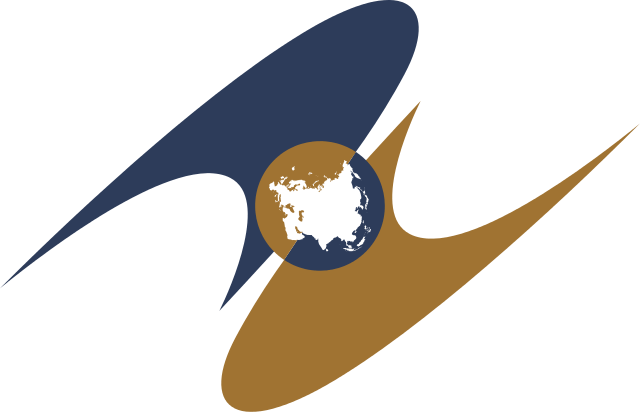Iran interests in Eurasian Economic Union: possibilities and constraints

Geopolitical Report ISSN 2785-2598 Volume 9 Issue 2
Author: Silvia Boltuc
Tehran’s attempt to become a member of the Eurasian Economic Union aims to enhance its trade partners and contrast the economic problems caused by the U.S. sanctions.
On July 9-12, the Tehran Permanent International Fairgrounds will host the Eurasia Expo 2021. During this first edition, each member of the Eurasian Economic Union (EAEU) can participate with companies working in the fields of banking and finance, knowledge-based science, technology, technical and engineering services, construction of mega factories, silos, ports, docks, oil storage, shipbuilding, petrochemical, oil and gas, agricultural products, food industry, medical plants and pharmaceuticals.
According to the head of the Islamic Republic of Iran Customs Administration, EAEU has 3.4 billion dollars in trade with Iran and more than 800 billion dollars with the world. For Iran, it is a huge opportunity to showcase its products and promote its non-oil export, on which its economy relies, and increase the trade exchanges with the EAEU’s company. As the exhibition organizer stated, representatives from Oman, Qatar, Turkey, China, Afghanistan, Iraq, Syria, Lebanon, India, and Pakistan were invited to sign profitable memorandums of understanding with the Iranian companies hopefully.
During the St. Petersburg International Economic Forum, Iran’s energy minister and co-chairman of the Russian-Iranian standing intergovernmental commission on trade and economic cooperation, Reza Ardakanian, and the Chairman of the Eurasian Economic Commission (EEC) Board, Mikhail Myasnikovich, met and discussed the possibility of a free trade zone between the Eurasian Economic Union and Iran.
The possibility that Iran will obtain the status of a full member of the EAEU is not sure yet. Russia wanted to connect with Iran through the Nakhchivan corridor, but Moscow must consider the Arab states’ position on receiving Russian goods through Iran. Furthermore, the current situation of Iran under sanctions worries the EAEU. On the other hand, being Tehran, a member of the EAEU, will facilitate transportation along the INSTC Corridor.
In addition, Iran is disconnected from the SWIFT transaction system. The EAEU countries’ banks, plus some states such as Switzerland and Germany, are connected to the SPFS (Financial Message Transmission System), Russian own payment system. Allowing Iran to enter it could cause the imposing of sanctions, which will lead to a massive disconnect between banking institutions from the SPFS.
The possibility that Iran will become a member of the EAEU might boost the cooperation among the organisations’ members, lead to close political relations and improve Tehran’s economic and political position in the global arena.
For Armenia, the only Caucasus country in the EAEU, Iran’s accession to the Union is a huge opportunity to stimulate its economy and open routes through the Islamic Republic, winning access to the Gulf and the Caspian Sea. This development could eventually lead to constructing the railway connection between Armenia and Iran, a project that has been stopped for years due to a lack of investment, and consequently to Georgia because Tbilisi is reconsidering the unlocking communications part.
Conclusion
From the Iranian perspective, becoming a full member would heal part of the losses caused by the U.S. sanctions and would help the country revive the economy severely affected by the pandemic. Russia could gain an alternative pathway to the Middle East markets and access the Indian Ocean by constructing the Nakhchivan corridor. Experts believe this also represents a possibility for the two countries to strengthen their military ties.
The membership of a regional power like Iran, which has cleverly embedded itself across the region, could make the EAEU powerful enough to stand against NATO. This would be the first significant achievement for the incoming presidency of Raisi.
